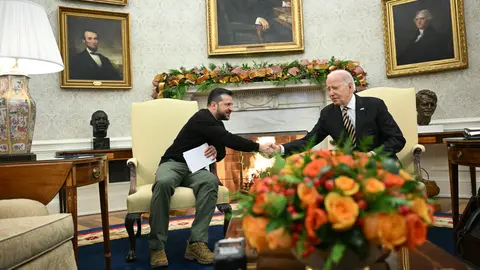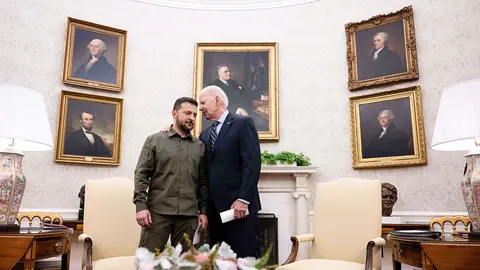Putin consolidates power by swearing in his fifth term in office
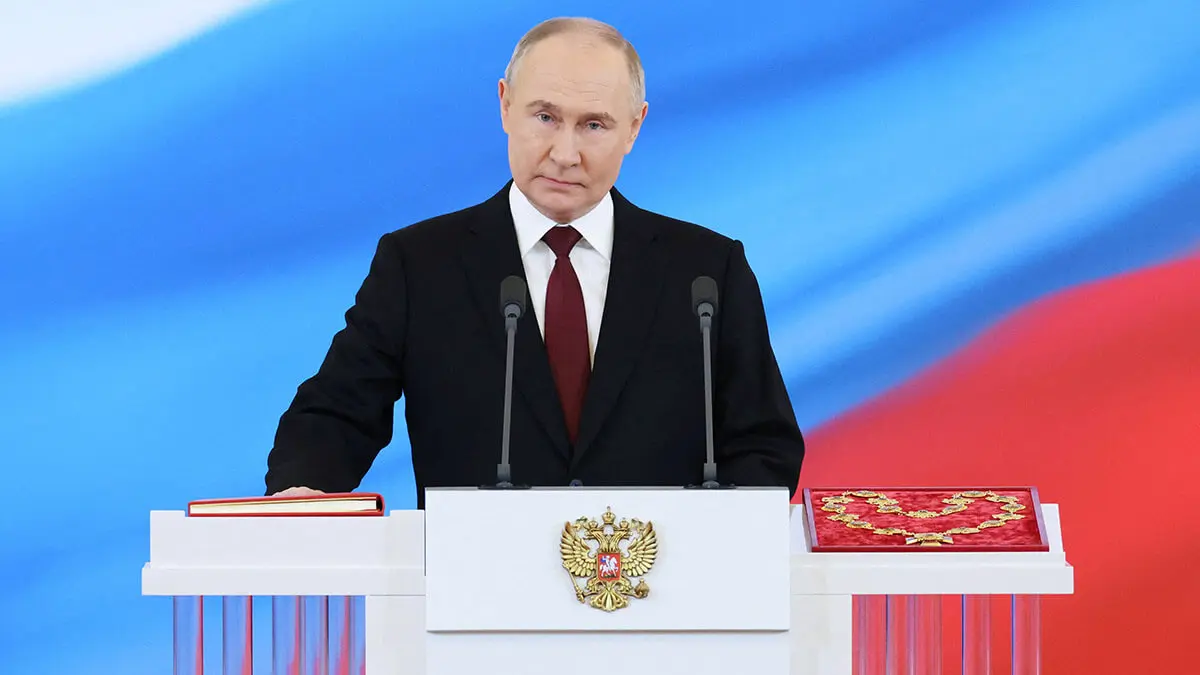
Almost two months after Russia's controversial presidential elections, Vladimir Putin was sworn in at a ceremony held in the Kremlin's Andreyevsky Hall in the presence of the country's political elite and foreign representatives.
European representatives were notably absent from the event, with the exception of the French ambassador, who attended the ceremony. Hungary and Slovakia also participated in the inauguration of Putin's new term in office.
Patriarch Kirill tells Putin the head of state sometimes "has to take fateful, formidable decisions" that "involve victims."
— max seddon (@maxseddon) May 7, 2024
He compares Putin to Alexander Nevsky, the medieval ruler who defeated Teutonic knights, and prays he'll stay in power "until the end of the century." pic.twitter.com/vUSfu0hTAD
However, most EU countries, as well as the US, UK and Canada, announced that they would boycott Putin's inauguration.
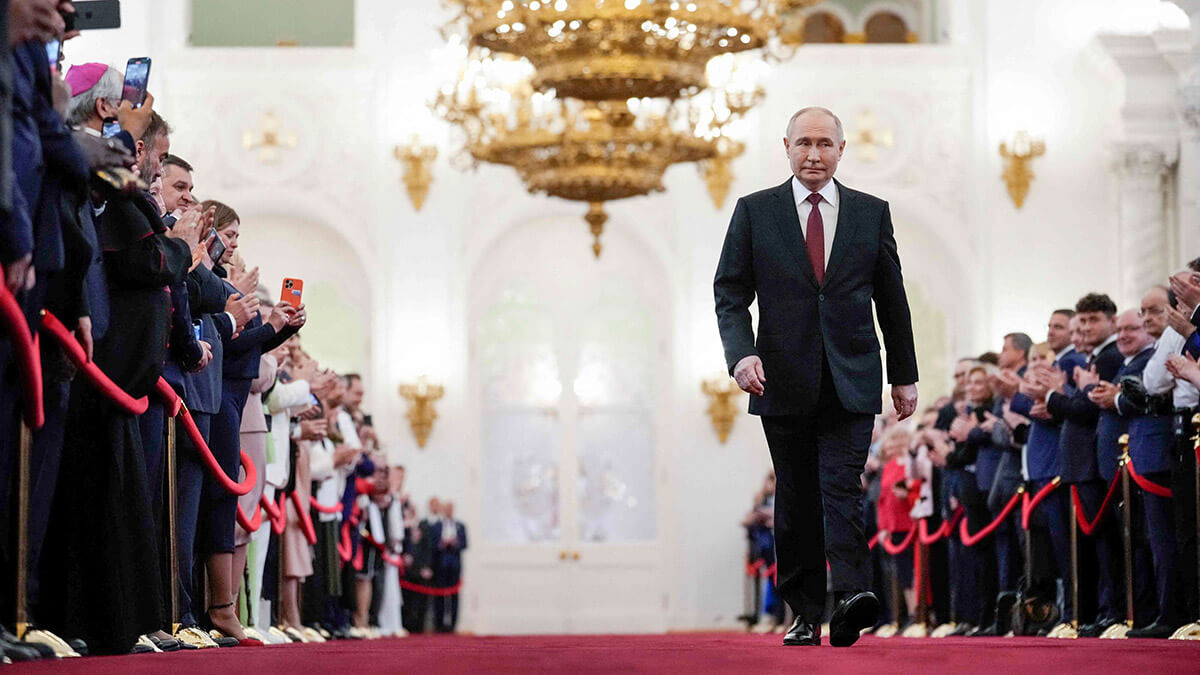
"The right thing to do is not to attend the ceremony. My advice is that, and I think most member states will not attend. I think it is the right thing to do," said Josep Borrell, the EU's High Representative for Foreign Affairs and Security Policy.
This decision is closely linked to the EU's policy of support for Ukraine, as well as the controversial elections that saw Putin win with 87.28 per cent of the vote. "The elections that brought Putin to power were neither free nor fair. To attend the inauguration would be a clear contradiction", added the head of European diplomacy.
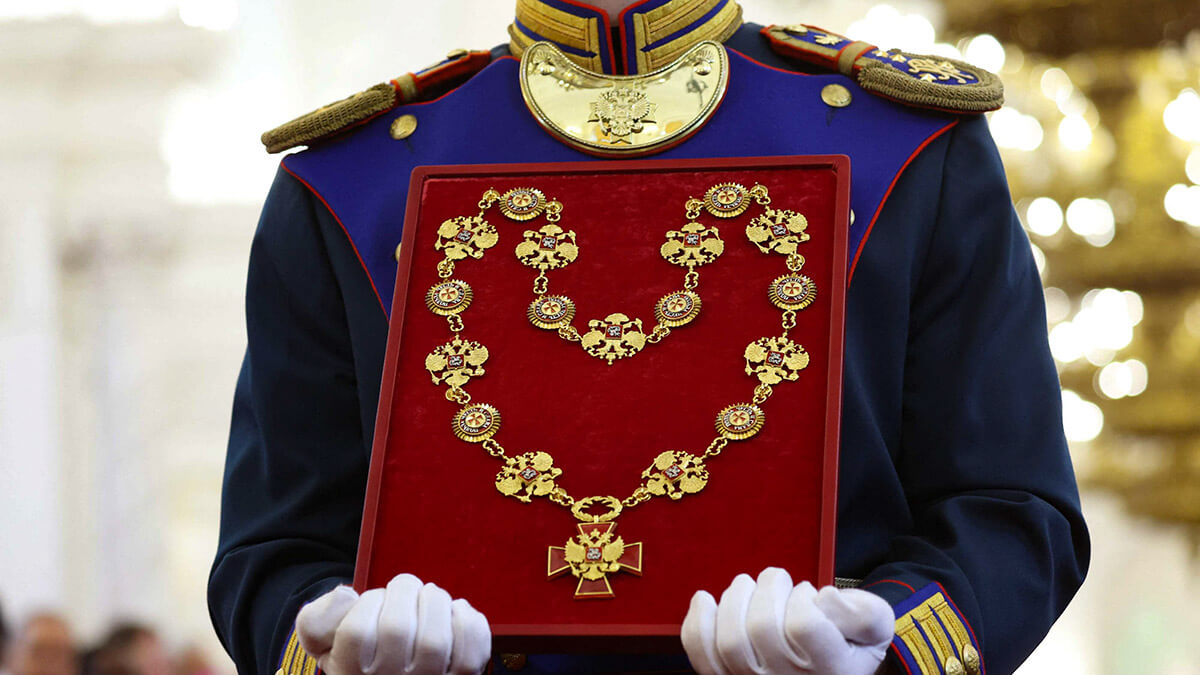
In a similar vein, State Department spokesman Matthew Miller stressed that Washington did not consider the elections to be "free and fair".
With this ceremony, Putin began his fifth term in office, making him the longest-serving Russian ruler in a century, surpassing even Soviet dictator Joseph Stalin.
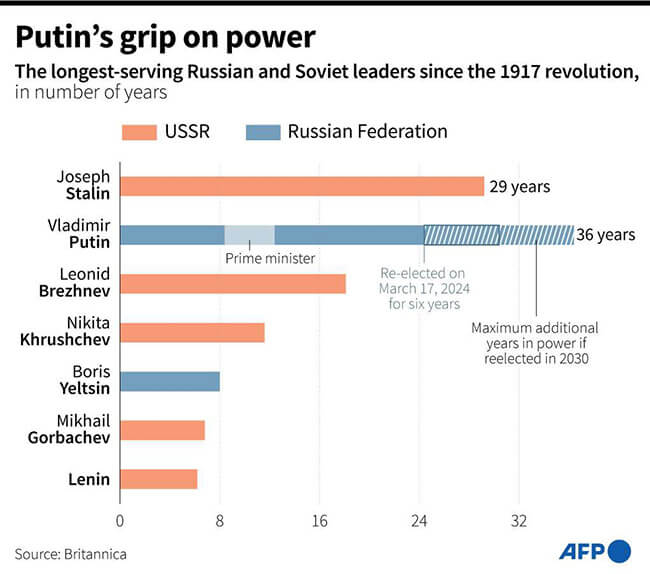
The 71-year-old Russian leader has led the country as president or prime minister since the turn of the century, fending off critics and consolidating his power. In this regard, the Kremlin pushed through a controversial constitutional reform in 2020 to allow Putin to remove the legal obstacle that prevented him from ruling until 2030.
Moreover, one of Putin's most prominent opponents, Alexei Navalny, died in an Arctic prison last February, shortly before the election. His widow, Yulia Navalnaya, has urged the international community not to recognise Putin as a legitimate leader.
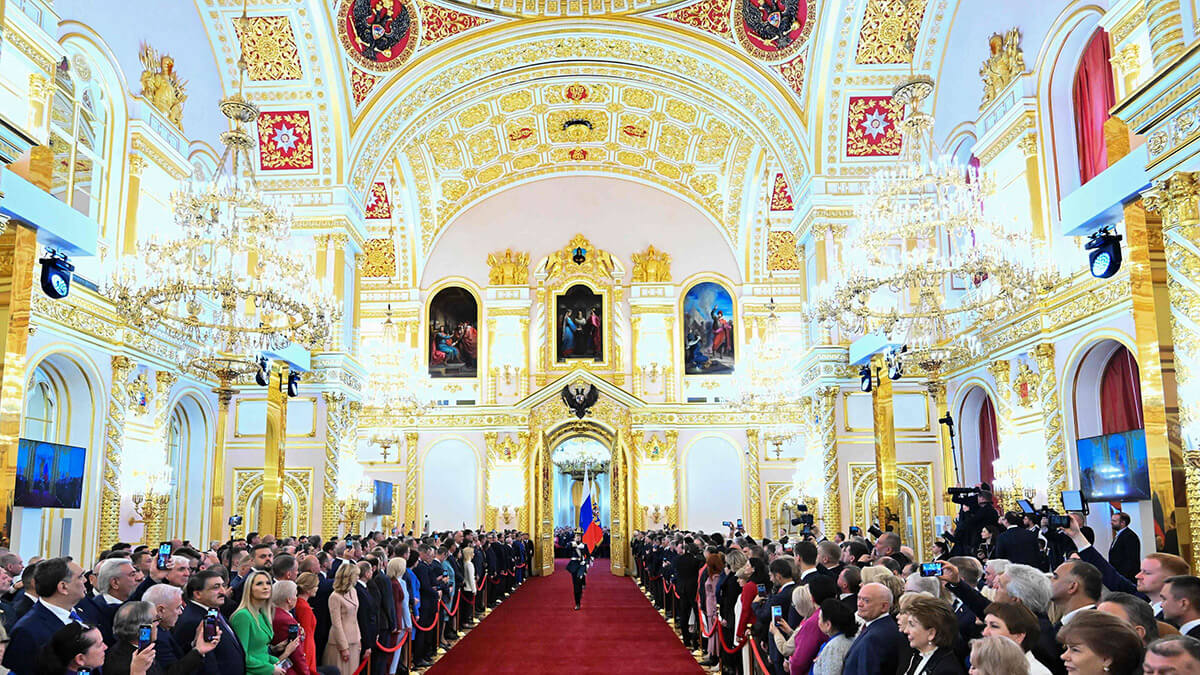
Russia threatens UK, announces nuclear weapons manoeuvres
Putin's inauguration took place two days before the anniversary of the Soviet victory over Nazi Germany - 9 May - a day that has been used by Putin in recent years to justify the invasion of Ukraine, claiming that Russia's "special military operation" is aimed at defeating the "neo-Nazis" in the neighbouring country.
Moreover, Putin's swearing-in comes shortly after Russia threatened the UK with attacks on its military bases inside and outside Ukraine if Kiev uses British weaponry in its operations against Russian territory. Also, earlier this week - and on the eve of the Russian president's inauguration - Moscow announced exercises simulating the use of nuclear weapons on the battlefield.
According to the Russian Defence Ministry, these exercises are in response to "provocative statements and threats from certain Western officials regarding the Russian Federation".

